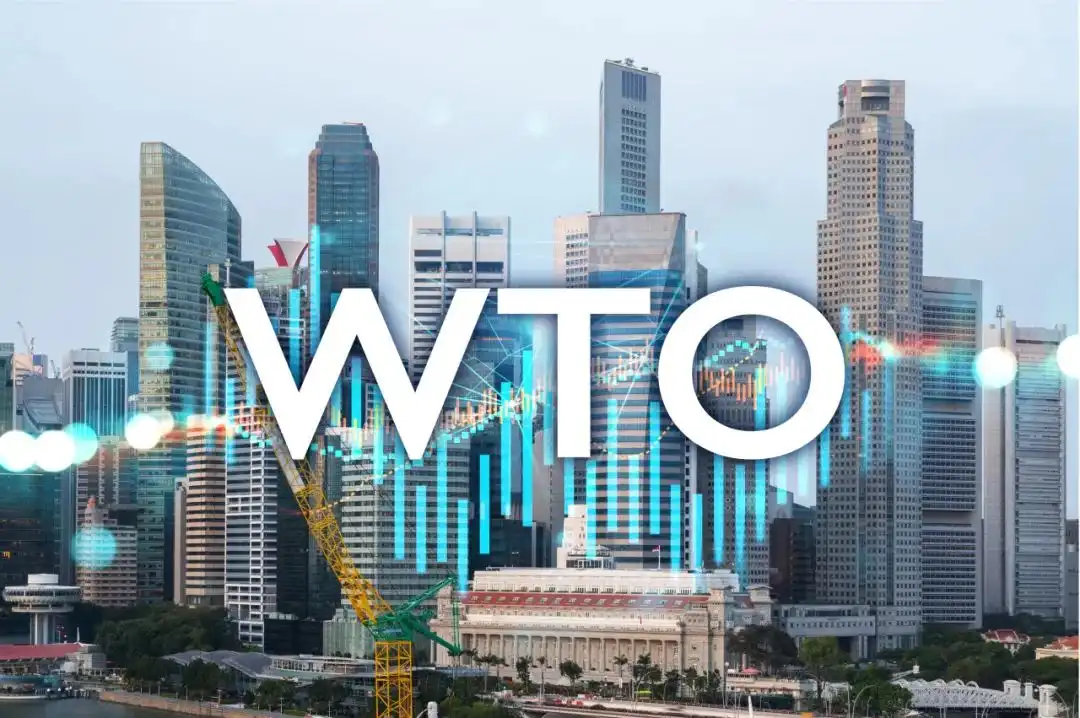WTO's trade rebound slows down in 2024, protectionist risks rise
New users can click on "International Business Daily" to pay attention
World trade will rebound this year after suffering its third annual decline in 30 years in 2023, but the recovery will be slower than previously forecast, the World Trade Organization said on Monday. The WTO said easing inflationary pressures should help boost the volume of trade in goods by 2.6% in 2024 and 3.3% in 2025, after a 1.2% decline last year. The Geneva-based body had previously forecast 3.3% growth for global goods trade in 2024. However, it warned there were risks of further trade fragmentation, stemming from geopolitical tensions, rising protectionism and the worsening crisis in the Middle East.
WTO head Ngozi Okonjo-Iweala has recently suggested that global merchandise trade volume growth in 2023 could be lower than the WTO's October 2023 forecast of 0.8%, and that the WTO's forecast of 3.3% growth in global trade in 2024 could be too optimistic.

Inflationary pressures should ease throughout the course of 2024. In turn, the WTO said, real incomes are projected to rise again, particularly in developed economies, supporting consumption of manufactured goods.
In fact, the data already shows that the recovery of merchandise demand in 2024 has emerged, and the new export order index indicates that trade conditions will improve at the beginning of this year.
Looking ahead to 2024, by region, the WTO forecasts that Africa will record the fastest export growth of any region in 2024, at 5.3% year-on-year, although from a low base. Exports of North America (3.6%), the Middle East (3.5%) and Asia (3.4%) are all forecast to grow at a modest pace, while growth in South America is projected to be slower, at 2.6%. Europe’s exports are again forecast to lag behind other regions, with predicted growth of just 1.7%.
On the import side, Asia and Africa will drive global demand for traded products this year, with imports projected to grow robustly by 5.6% and 4.4% in 2024, respectively. However, import growth in all other regions is expected to be below trend, including South America (2.7%), the Middle East (1.2%), North America (1.0%), and Europe (0.1%).
Looking ahead, the WTO warns that geopolitical tensions and policy uncertainty could limit the extent of the trade rebound. Food and energy prices could again be affected by price spikes related to geopolitical events.
